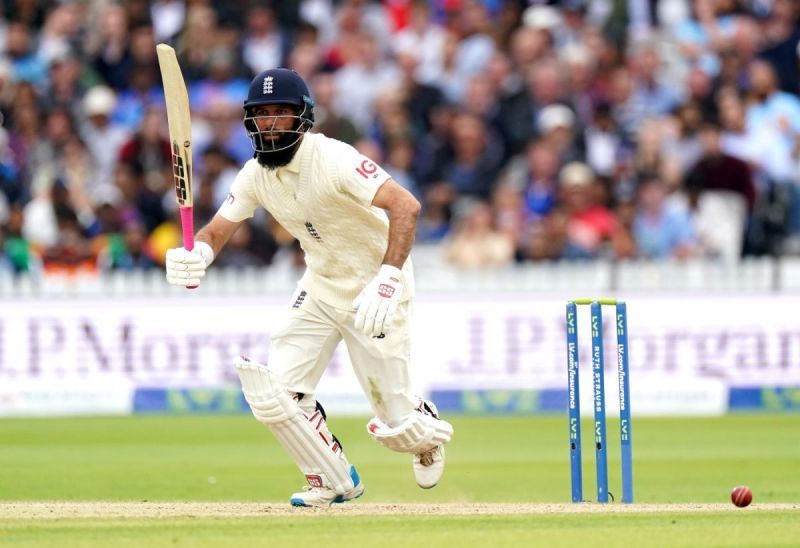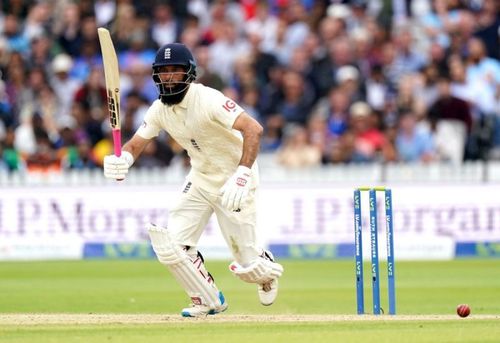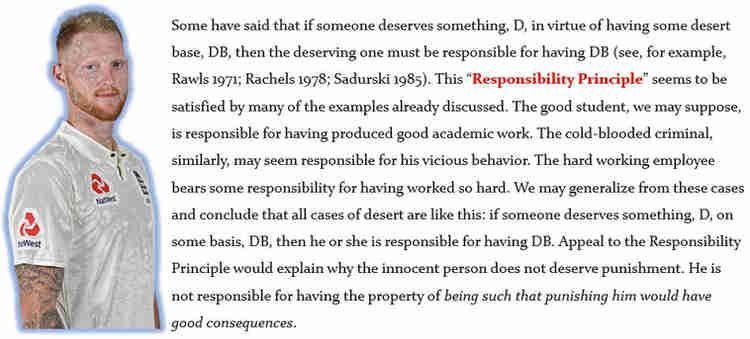
Should we cut the left-handers some limelight?

Think of the following scenario - you’re a flashy-pants right-hand batter, a modern-day Hemingway in the midst of your heyday. Your cover drives are the commoners’ dreams, your square cut satiates the hunger of Alabama. If C.L.R. James wriggled around in his tomb and sculpted a memoir, there’s reason to believe you would be his Matthew Arnold.
Faculty oozes around you, your confidence puts the plebeian in awe of you. Sooner than later, you are jettisoned into the highest stage of your trade, your childhood dream where you’ll reign supreme. Success is earmarked for you, you’re earmarked for success.
Then the unthinkable happens: an esoteric left-hand pacer with a weird release angle comes in steaming from outside your eye-line and crashes into your stumps three games in a row. Your childhood dream lies shattered, your disillusion runs as deep as the oceans.
You tell yourself that it’s probably not just the angle. Maybe you were not good enough, take account of your bloody shortcomings. But you quite know this is not the full picture. Ceteris Paribus, the left-hander, wrongly gets credit for being more eye-catching already. And this left-hand bowler’s success against you probably has to do not just with their own skill quotient but also their left-handedness.
When I wrote my article after the World Test Championship (WTC) final, I mentioned how left-handers are overrepresented in sport. Not just cricket, they make up 30.62% of pitchers in the MLB and over 19% of the top table tennis players in the world. Scientists have long been fascinated with the question of what makes being a leftie associated with greater sporting success. And part of the reason is simply novelty, that they're rarer at the domestic circuits (less than 10% of humans are left-handed) so you are not really used to their quirks.
If they're pitchers, you probably don't know yet where their hands really come from, or if your feet aren't in perfect sync with them. If they’re a badminton player, their smashes down the line are in dissonance with your biologically preferred direction of defense. In cricket, the advantage is arguably greater - once novelty is done, your natural angle of bowling to the left-hander won't sufficiently bring the stumps into play either.
But there's a catch amidst all this, the reason for this natural advantage, the left-hander’s handedness, is not their responsibility. If they're better than you at cricket, it's because they're left-handed by birth. It's not because they went through the iron mill one moment longer, but by the serendipitous lottery of birth. And while there are manifold privileges ascribed to us simply by virtue of our being humans (human rights for example) those are ascribed equally to all, not a selected minority of the populace. Consider the following excerpt from the Stanford Encyclopedia of Philosophy, for instance:

There's a pertinent argument against this that lefties are at a higher social disadvantage. The capitalist world is not their haven; study chairs are not their friends and scissors make them bend over. But since our setting is already idealistic, imaginative of a world where welfare's unfair advantage of any kind is negated, is welfare for a subset of privileged sportspeople out of a disadvantaged social group engulfing a larger range of population really welfare? And in sport alone, tall people are at a similar position of advantage too, and so are men, and so are batters over bowlers.
It's a trope that runs thematically with your backyard sports brawl, Lionel Messi vs Cristiano Ronaldo or Virat Kohli vs Sachin Tendulkar. But the discerning fact of all this is that while advantage by biological anomaly can be conclusively observed, advantage by task-specific skill is still more debatable.
At the individual level, the left-hander's advantage is institutional. It's derived into the scorecard – in the 1930s, they averaged nearly two runs less than right-handed bowlers for instance. To add to this derived benefit, there’s an abstract benefit that comes by dint of our subconscious biases. We as humans are drawn to seek out what's rare and what satisfies our survival instincts, and left-handers are both.
Here's Jarrod Kimber's article about it. They're ration products available to us like albino alligators, and they are exclusive Giffen goods, your Mercedes-like style-statement that increased global averages by almost five runs upon interposition to the game. The average leftie is a sexier proposition than the cover page of Vogue, but this does not come with the necessary asterisk, exclaiming that part of the reason why they’re sexier is simply that they’re medical marvels, an expensive trait found in low concentrations in humans.
So the obvious conclusion from all this is welfare for the right-hander, right? Cut the southpaws some limelight. Rewrite the orthodox into the vanguard. Marry the left-hander's natural ascendency with transparency to the fact that they're organisms of privilege, and that we must not speak so highly of them.
Not giving left-handers the same screen time comes at the cost of wrenching into oblivion the cranky stories of cricket’s special revolutionaries, its Warners and Wagners and Garners and Jamiesons. It would mean besmearing Ozymandias with perverse infamy, losing legend’s life to the undulating sands of time. Intrigue would no longer surround the method of madness for Rishabh Pant, and Nathan Leamon wouldn’t dissect why Indians don’t produce left-handers. There would be less staple for writers, and scant interest in the mystery of the exotic, and ethereal narratives and nerdy clearings of the air would writhe in aloofness. It’s a philosophical quandary of magnitude.
Yes, it's abstract. And it's not even that important. The all-important finish line of this contumacious prattle is not public allowance, it’s an intangible assignation of credit with zero to little utilitarian significance. Elite cricketers wouldn’t complain like children or believe stridently in maxims of victimization. But then this tradition is also wrong, and it does not state the full record often enough. And it leads to false impressions damaging to the game, such as the venal overrepresentation of left-handers beyond its limiting point that has brought about parity between leftie and rightie averages over the decades.
The core predicament of it all is that being a biological anomaly brings about a sporting advantage that is not the product of one's own doing, and thus probably doesn't merit the same amount of praise as an equally proficient physical rando, and it doesn't have a straightforward solution. It's reasonable to predict that there will come a day when cricket will figure out the ideal leftie-rightie proportion by trial-and-error, but the pickle of mismatch with the Responsibility Principle will still remain. Perhaps the best we can do about it today is to talk about it.